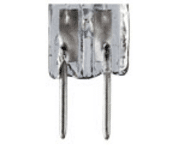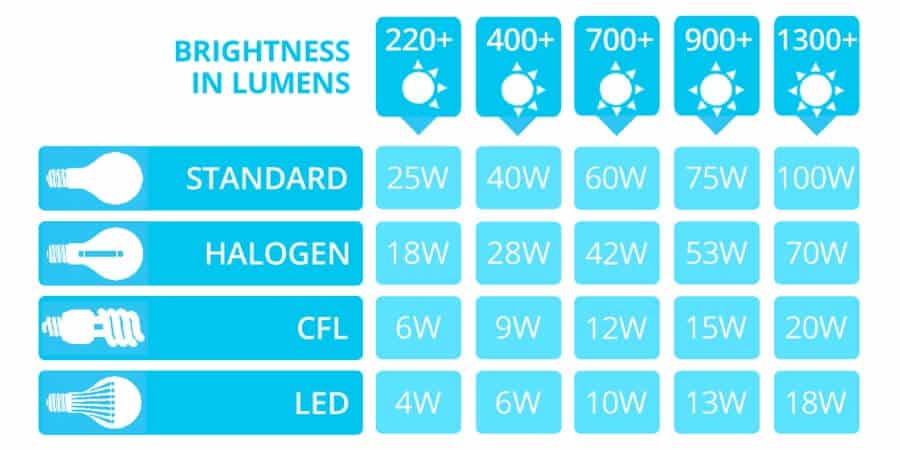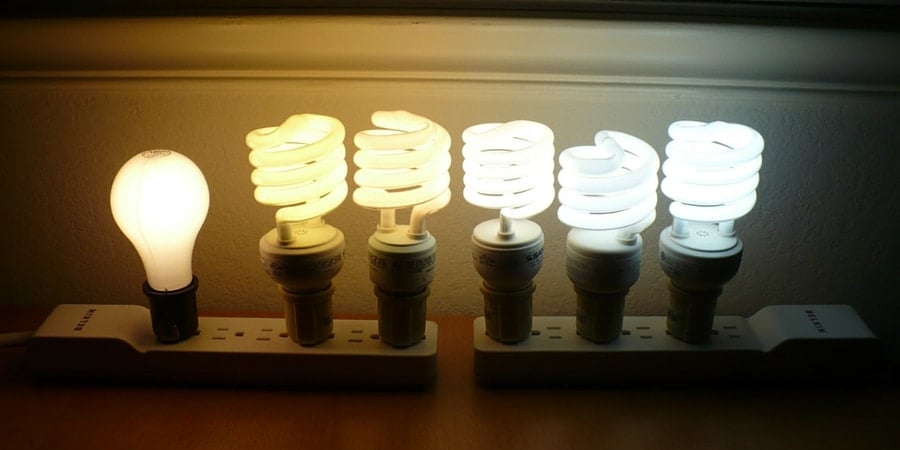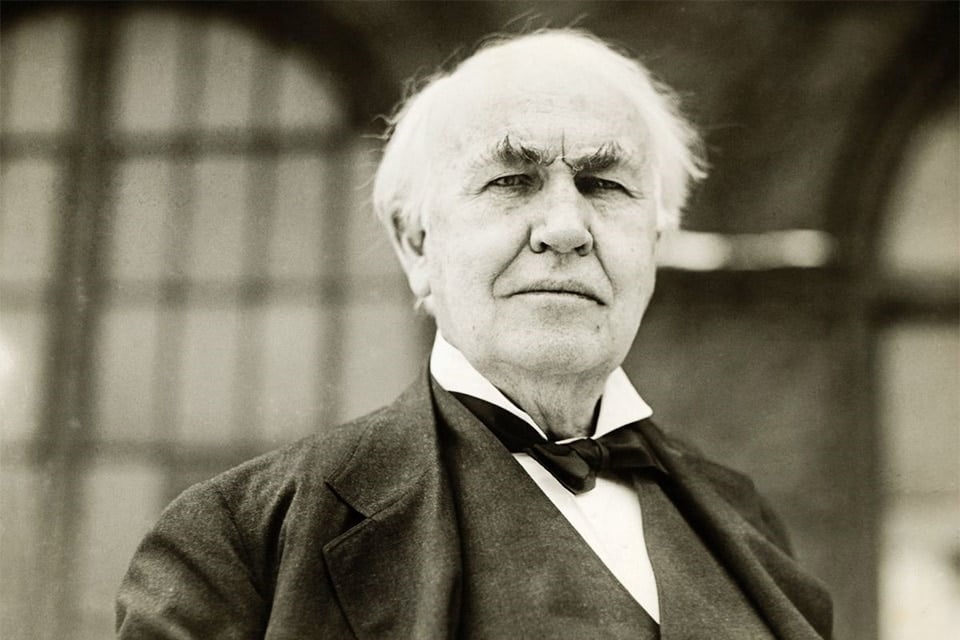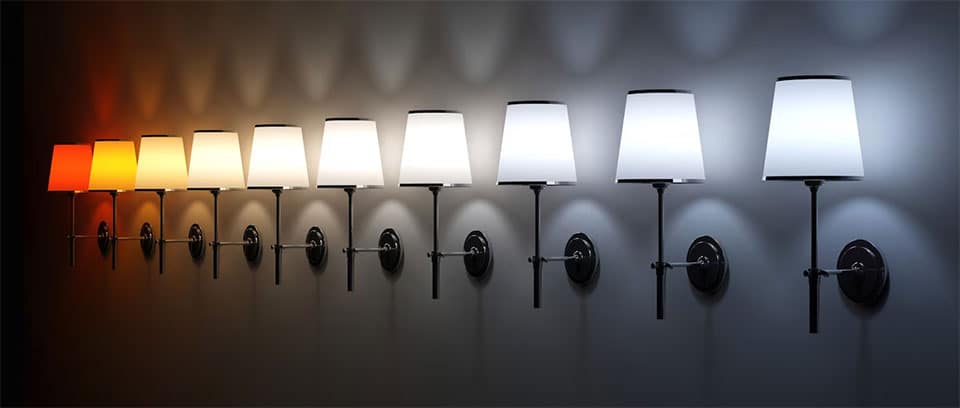When Thomas Edison’s name is mentioned in any discussion, the first thing most people remember is that he’s the inventor of the light bulb. While it is true that Thomas Edison was a prolific inventor, what most people don’t know is that he was also a businessman. Indeed Thomas Edison was a man of many talents, but to understand this 19th-century genius, you have to take a trip back in time to when it all began.
The Early Years Of Thomas Edison
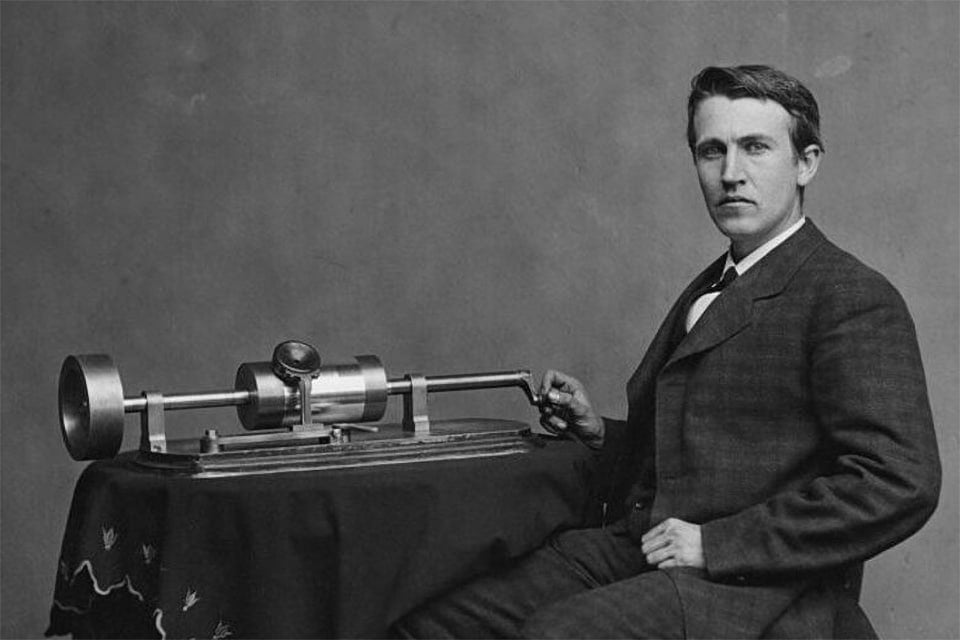
One of the world’s foremost inventors was born Thomas Alva Edison to Samuel and Nancy Edison on the 11th of February, 1847, in Milan, Ohio, in America’s Midwest region. Thomas Edison had three sisters and four brothers. His mom homeschooled him and was very protective of him, especially after learning that his school teacher was quite mean.
Reputed as a very inquisitive child growing up, Thomas Edison often asked questions and sought to know how virtually every device worked. At the tender age of 13 years, he would make a weekly profit of USD 50 selling vegetables, newspapers, and candy on steam trains heading to Detroit from Port Huron.
As he had saved the life of the son of a station agent named J.U MacKenzie, he subsequently trained him as a telegraph operator. At 19 years old, Edison worked for Western Union in Louisville, Kentucky, as the Associated Press Bureau News Wire.
While working the night shift, he would spend his days studying and trying out a series of experiments. Thomas Edison created as many as 14 different companies during his lifetime and General Electric which is still in operation today was one of his many creations.
In 1869, Edison would get his first-ever patent for the invention of an electric vote recorder device. Later that year Edison would team up with Franklin Leonard Pope in New Jersey and they co-owned a company where they worked as both electrical engineers and pioneering inventors.
By 1874, Edison would develop a sophisticated multiplex telegraphic system at the time. This device would be able to send out a couple of messages at the same time. This early period of Edison’s life would shape him into the innovative inventor that he would become in the future.
Thomas Edison's Milestone Contributions
During his active years as an inventor, Edison would invent a number of revolutionary inventions. But three of his most notable inventions are electricity, the incandescent light bulb, and the phonograph.

Edison Invented DC Electricity:
It is arguably the most important invention of the 19th century and one of Thomas Edison’s greatest inventions. The innovative dynamo technology uses electromagnetism to generate Direct Current or DC electricity. This device created by Edison would be the brainchild in supplying electricity to vast areas.
The first-ever commercial DC electricity generation and distribution firm was known as Edison Electric Illuminating Company, set up in New York in 1882. This company supplied electricity to businesses and residents within a square mile in the Manhattan area of New York. In 1892, the Edison Electric Illuminating Company would morph into General Electric.
Edison Invented The Incandescent Light Bulb:
What’s the use of electricity without a light bulb, eh?! Well, that’s what Edison must have thought after inventing electricity because he would also have a eureka moment that led to the invention of the incandescent light bulb.
People would not give credit to Edison for inventing the first-ever light bulb, but his invention would outshine the earlier light bulb inventions. The incandescent light bulb would last longer than earlier inventions without burning out or exploding either. You can still get Edison’s incandescent light bulbs in perfect working order today, more than a century after its creation.
The Playback Phonograph Device:
It was in 1877 that Thomas Edison changed the world of sound recording forever with his phonograph device. This revolutionary machine would not only record sound but could also playback the sound recorded. The phonograph would open up doors for other inventors to invent more telecommunication devices. Without the phonograph, there might be no phonographic books designed for the visually impaired. Also, portable recording and music devices might not be in existence.
While these three inventions would define the way people would view Thomas Edison long after his death at the age of 84 years back in 1931 – he would also go down in history for other impressive inventions, such as alkaline batteries and the motion picture camera.
Thomas Edison’s pioneering inventions paved the path for more modern inventions cutting across major sectors of the economy. To put it bluntly, without Thomas Edison, we would still be in the stone age with no electricity to power our homes and industries.
In Closing
Edison would be a point of reference for his contributions to electric power generation and sound recording, mass communication, and indeed the movie industry.
Edison’s uncanny ability to work with other inventors stood out as being an outstanding inventor and businessman. He was a great leader who worked extremely hard researching, experimenting, innovating, and contributing to the world of technology. Thomas Edison was married twice and fathered six children. American population revers him as one of the greatest ever inventors and icons.











